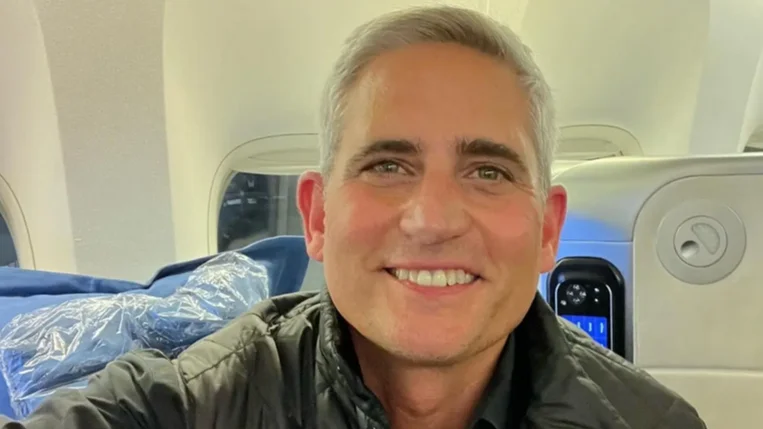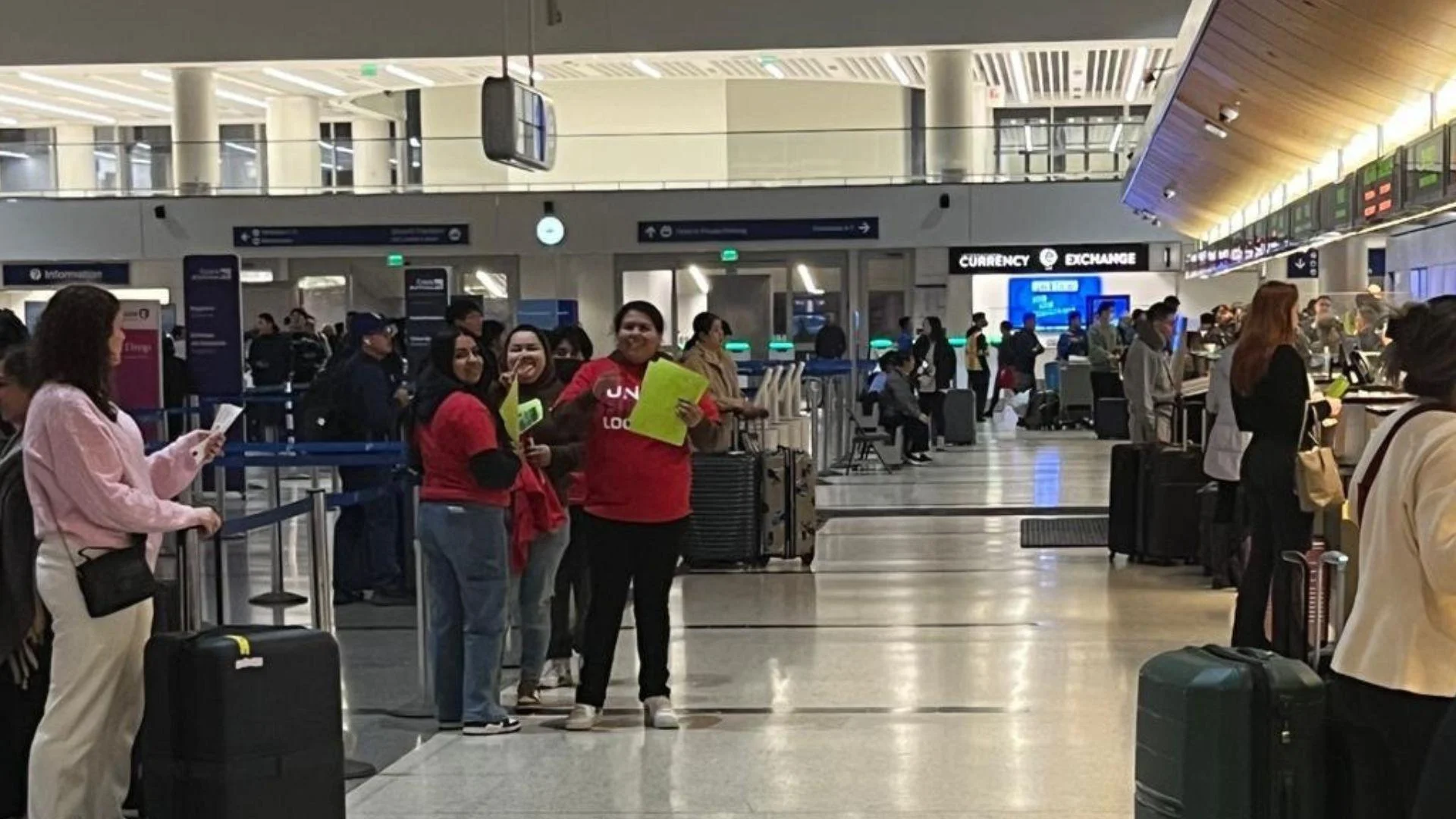Basic economy fares typically come with several restrictions: fewer miles earned per trip, limited seat selection without extra fees, and last priority boarding. United Airlines enforces stricter policies than other major carriers such as American Airlines and Delta Air Lines. Unlike its competitors, United does not permit full-sized carry-on bags for basic economy passengers.
Scott Kirby, CEO of United Airlines, introduced these stringent measures when he joined the airline from American Airlines. While American initially had similar restrictions, it later relaxed them.
Despite these limitations, United's elite members and co-brand credit card holders enjoy earlier boarding even on basic economy tickets. These privileges effectively bypass the carry-on restrictions based on boarding groups.
The new policy mandates that basic economy customers must have a credit card on file for the $65 pre-authorization fee if they wish to check in online. This fee includes a $40 checked bag fee and an additional $25 gate handling fee if passengers bring a carry-on bag to the gate.
Critics argue that this requirement could pose issues for some travelers. “Someone may buy an airline ticket for you. You aren’t required to have a credit card to fly,” one critic noted.
Major airlines like Delta, United, and American introduced basic economy fares intending to compete with ultra-low-cost carriers such as Spirit and Frontier. Initially designed for price-sensitive travelers, these fares have evolved into a method of segmenting customers based on their willingness to pay more for added convenience.
United claims that its basic economy revenue primarily comes from customers who would otherwise book with low-cost carriers like Frontier or Spirit. However, critics suggest that most travelers would be better off choosing other airlines such as Delta or Southwest when comparing lowest-fare options due to United’s restrictive carry-on policy.
 Alerts Sign-up
Alerts Sign-up




































